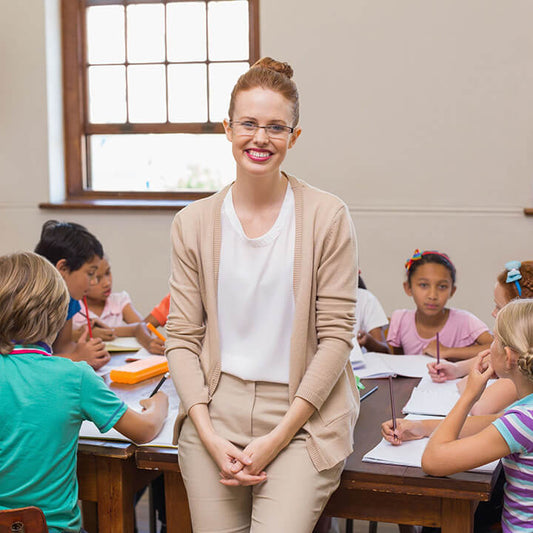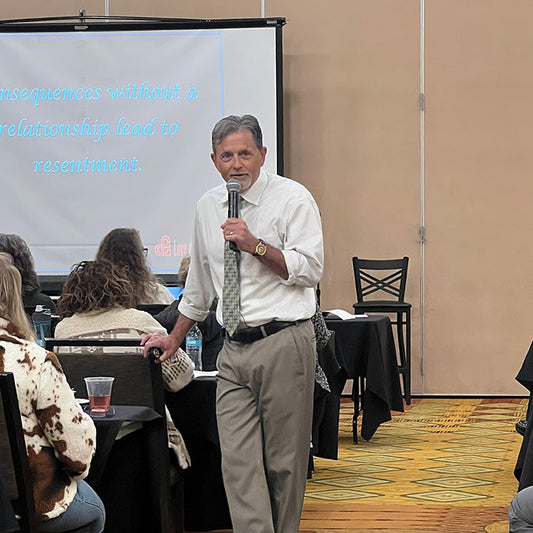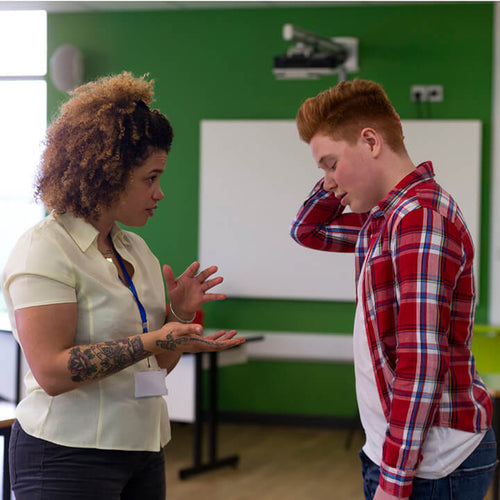Why Chores Matter in Love and Logic Parenting
Chores are very important for parents who use Love and Logic principles to teach kids how to make responsible decisions. Whenever we hear about chores, we think of doing things around the house, such as cleaning, taking care of pets, and washing dishes. With the Love and Logic approach, kids learn to feel good about contributing to their family by doing their chores. That’s why we like to refer to them as “Family Contributions” rather than chores.
How Chores Boost Academic Success in Kids
In addition to kids feeling good about contributing to their families, we often tell parents that chores can also help kids improve their academic performance. When kids learn how to do chores without a battle, the odds go way up that they’ll also learn to complete their schoolwork without a battle. At Love and Logic, we believe that chores are invaluable for success in all parts of a kid’s life!

Using Chores as an Effective Classroom Tool
Because of their power and importance, chores can also be very effective as a tool in Love and Logic classrooms. The most successful teachers create a sense of family in their classroom. Some of them do this out of great gut-level instinct. Others understand the scientific research on human emotional needs. We all need to feel safe, to feel connected to a group, to feel needed, and to feel loved.
Building a Classroom Family Through Chores
Student chores are an essential component of developing this sense of family in the classroom. One teacher described her experience with chores as follows:
“Years ago, I discovered by accident how important chores are. Because I was getting old and lazy, I decided to put my students to work on the tasks I didn’t like doing. They all had jobs such as organizing the books, erasing the board, getting markers, throwing away junk that fell on the floor, etc. One day, a heated argument erupted between two of my tougher students. When I asked what was going on, one of them replied, ‘He’s doing my job!’”
Turning Chores into Positive Contributions, Not Punishments
Whether at home or in the classroom, chores must not be used as punishment. They also should not end with arguments between the teacher and students, or with the teacher feeling frustrated and exhausted by constantly having to remind about the chores.
Creating a Chore System That Works: Tips for Teachers
In a Love and Logic classroom, it should be clear to the teacher and students who is responsible for what chore and when the chores should be completed. Teachers should never remind students to do their chores. This should all be done in an atmosphere of mutual understanding, respect, and empathy. This will inspire students to view their chores as contributions to their classroom family.
Conclusion: Helping Kids Take Pride in Their Chores
Chores are opportunities for students to feel great about themselves! Teachers, as well as parents, can find more details about family contributions in my audio, Chores: Why kids need them…and how to get even the most challenging ones to do them.
Thanks for reading!


























